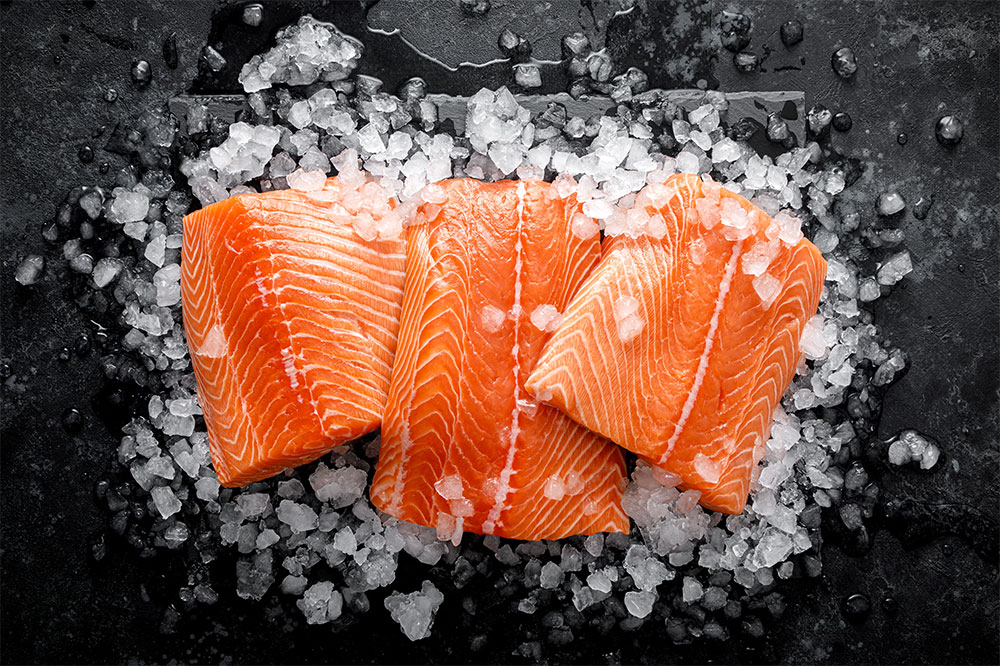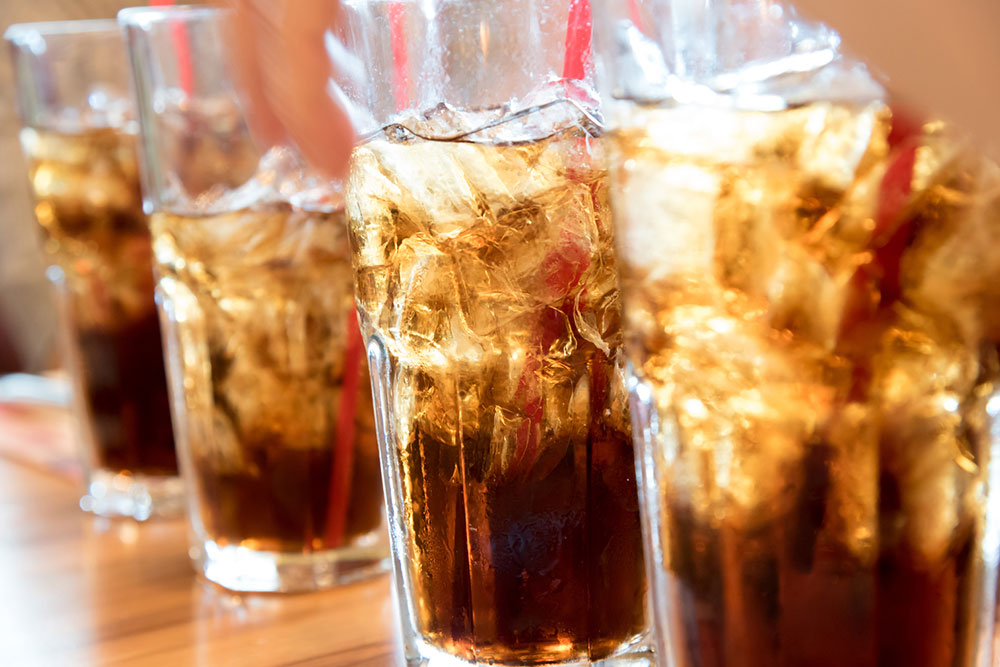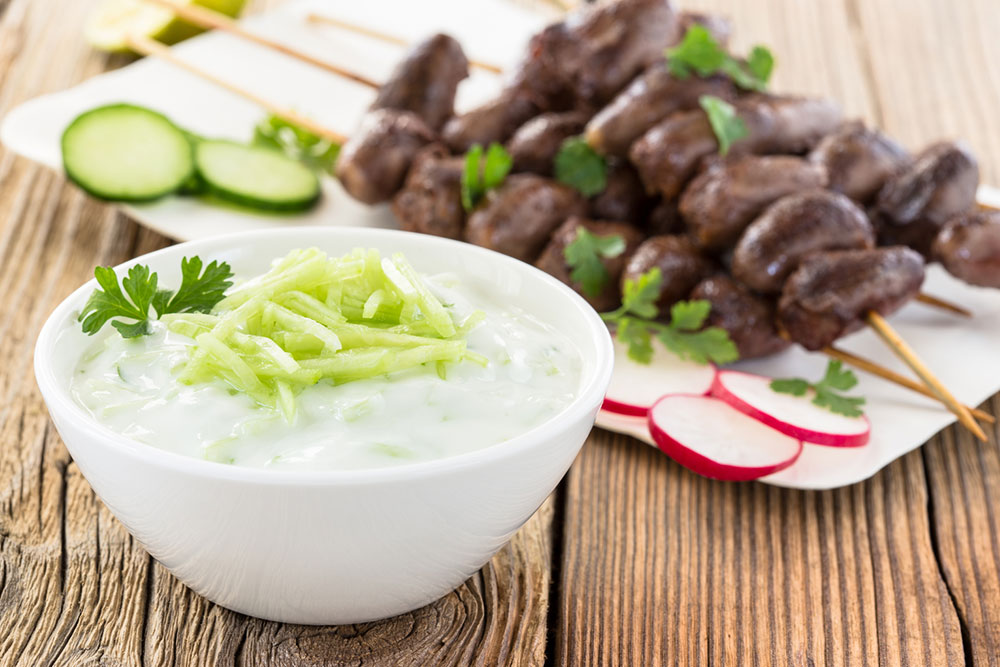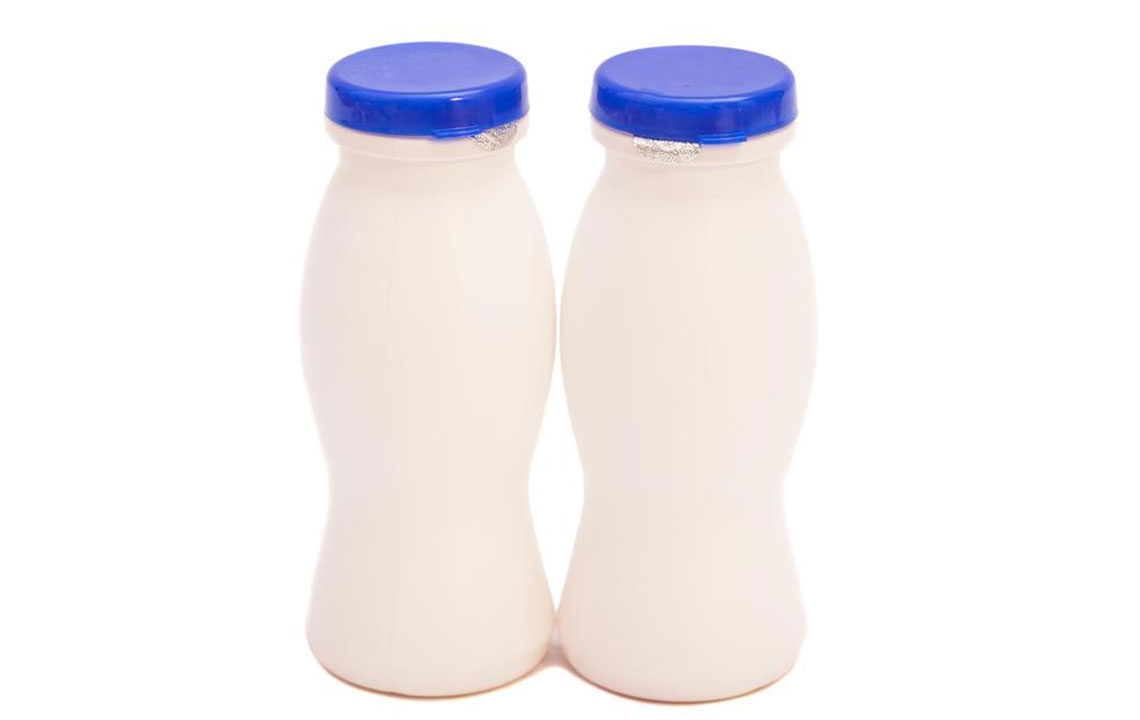Essential Foods to Avoid if You Have Colitis
This article outlines foods to avoid for colitis patients to reduce flare-ups and manage symptoms effectively. It highlights foods like alcohol, caffeine, high-fiber foods, and triggers like spicy and high-sugar items. Proper dietary choices are crucial for managing inflammation and maintaining nutritional health during colitis. Consulting with healthcare professionals is recommended for personalized advice.
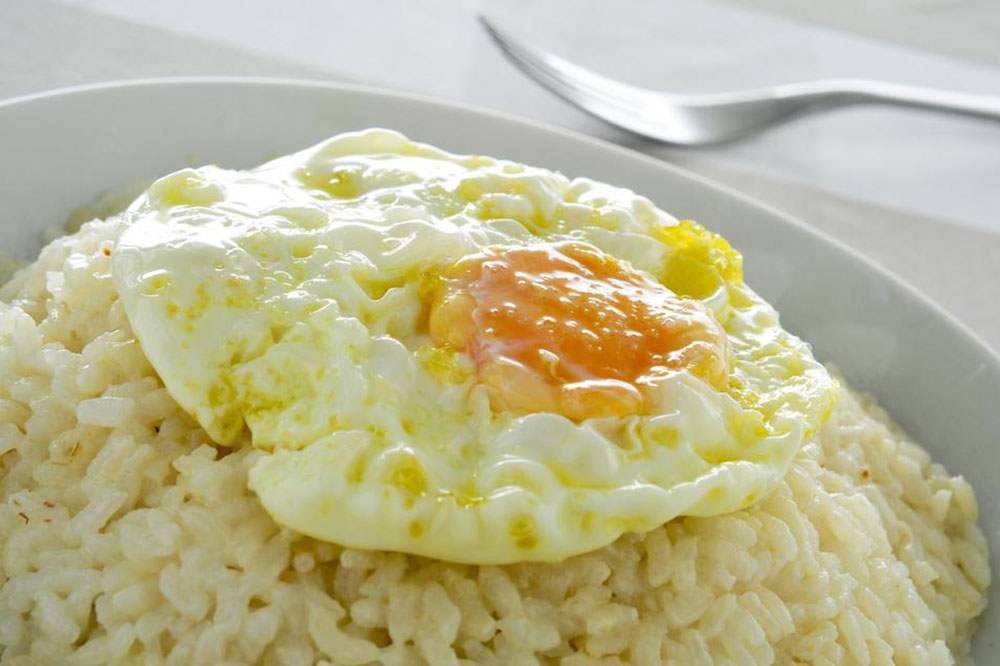
Foods to Steer Clear of When Managing Colitis
Colitis is a long-term condition characterized by inflammation and sores along the inner lining of the large intestine and rectum. Certain foods can worsen symptoms such as fatigue, diarrhea, rectal bleeding, and an urgent need to defecate. Choosing the right diet helps manage flare-ups and ensures proper nutrition. Conversely, some foods may act as triggers and should be avoided. Below is a detailed list of foods that can aggravate colitis symptoms:
Alcohol: It can stimulate the intestines and cause diarrhea, making it a major trigger for many with colitis.
Caffeinated beverages: Coffee, tea, sodas, and chocolates contain caffeine, which can increase bowel movements and worsen symptoms. Avoiding caffeine is advised for colitis patients.
Carbonated drinks: Beverages like beers and sodas may irritate the digestive tract due to their sugar and caffeine content.
Dairy products: Especially for those lactose intolerant, dairy can trigger symptoms in some individuals.
Dried beans, peas, and legumes: High in fiber, these can cause gas, cramps, and increased bowel activity.
Dried fruits: Their fibrous content can stimulate bowel movements and exacerbate symptoms.
Foods with sulfur or sulfate: Items such as eggs, milk, cruciferous vegetables, red meats, prunes, and wheat pasta may increase gas production.
High-fiber foods: Similar to legumes and dried fruits, they can lead to cramps and bloating.
Meat: Especially red meat, which may not be properly absorbed during flare-ups and can worsen symptoms.
Popcorn: Difficult to digest and may cause urgent bowel movements.
Sorbitol and mannitol containing foods: Sugar alcohols found in sugar-free gums, candies, ice creams, and some juices may cause bloating.
Raw fruits and vegetables: High-fiber raw produce like broccoli, celery, onions, Brussels sprouts, and cabbage can be hard to digest.
Refined sugar: Contributes to diarrhea by increasing thirst and water retention in the gut.
Spicy foods: Hot sauces, peppers, and spicy dishes can irritate the intestine lining and trigger diarrhea.
Note:
Our website offers informational content across diverse topics. While our research and data aim to provide helpful insights, it should not be considered final medical advice. We disclaim responsibility for inaccuracies or differences in other sources, and users should consult healthcare professionals for personalized guidance. Also, be aware that some benefits or offers may vary and are not guaranteed through our platform.


